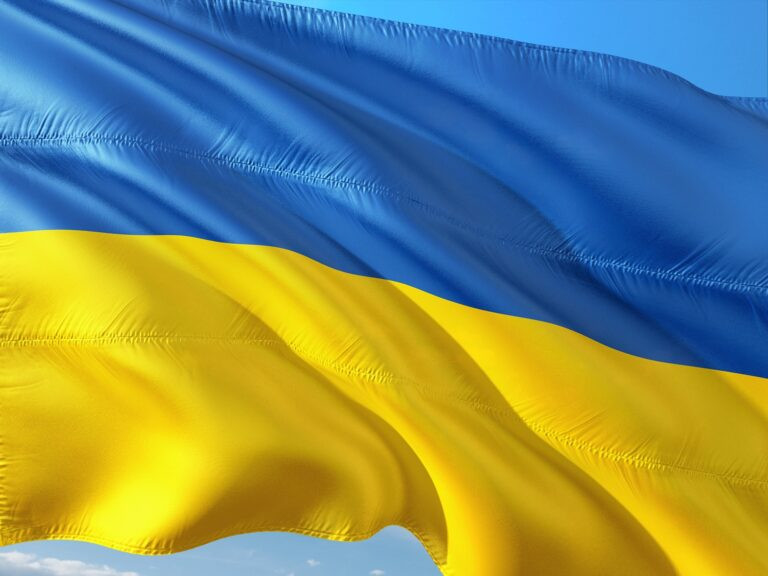A year on from the invasion of Ukraine – large European airlines such as BA and AerLingus (part of IAG) are not going to suffer as badly as once feared, says Bloomberg Intelligence. The price of jet fuel falling 43% from a June peak is a relief, while consumer subsidies on energy support demand. Yet closed Russian air space exacerbates profitability difficulties on Asian services for Finnair and SAS.
Conroy Gaynor, industry analyst at Bloomberg Intelligence comments: “One year after Russia’s invasion of Ukraine, jet fuel in Europe is about one-third more expensive versus 2019, when the airline industry last operated at normal capacity.
“Fuel can be 25-40% of unit cost so is reflected in higher fares, along with other inflation. We calculate the largest budget airline fares were up 12-14% in calendar 4Q versus pre-Covid-19. Yet energy costs falling from a peak, plus a stronger euro versus the dollar since 3Q, may mean a softening of pricing gains.”
He continues: “At the invasion, we estimate that our peer group was about 40% fuel-hedged on average for the year at a price of $680 per metric ton, including Wizz Air and the Nordic carriers, which had little or no cover. Today we forecast similar overall cover but at $940, as more carriers started a policy but others became cautious about over-hedging at high prices.
“Russian air-space bans are being navigated by top network carriers like IAG and Air France-KLM. Cost ramifications for fuel burn and block hours affect a small portion of their capacity, with Transatlantic flights bigger profit drivers and southeast Asia services less impacted. Though lower direct competition in India from North America may be an offset.
“Lufthansa said the write down of maintenance, repair and overhaul in Russia was actually the more significant irregular cost. Nordic carriers are suffering the most, with Finnair’s journey time to Japan hiked up to 40%. Cancellations contributed to restructurings, despite China now reopening. Chinese airlines that fly though Russia have an advantage, though corporate politics and customer loyalty may limit this and Turkish Airlines is able to gain connecting Russian passengers.”
Largest Asian impact
The largest Asian impact of the war in Ukraine might be on the China-Europe market where Chinese airlines continue to use Russian airspace unlike European rivals on the same routes, causing a uneven playing field.
Gaynor commented: “Avoiding flying over Russia could be resulting in a time and cost penalty of 15-40% on European airlines, with Finnair the worst-affected at 40% longer flights to China, and British Airways with 20% longer diversions. We calculate the added fuel expense impact using average fuel burn rates of the aircraft used by each carrier and filed July 2023 schedules. With the largest capacity among Europeans, Lufthansa Group airlines can expect a $2.8 million higher July fuel bill vs. direct routings, or $33 million annualised.”
Penalised carriers could also face higher labour and maintenance costs due to longer flights. As an example of the time and cost penalties to European airlines and their passengers, consider the Shanghai-to-Paris route flown recently by Air France and China Eastern Airlines. On Feb. 15, China Eastern Flight 7553, utilizing Russian airspace, was able to fly a direct routing of 9,461 km, or within 2% of the great circle route distance. Air France Flight 193 on February 19 avoided flying over Russia and flew a 12.6% longer path of 10,659 km with an even greater time penalty of 2.4 hours, or 19.5% longer. Both flights used the same aircraft, a Boeing 777-300ER and, assuming the same fuel burn, we estimate the AF flight burned an extra 6,160 gallons versus the CEA path, or $15,650 at current jetfuel prices, which falls directly to the bottom line. The extra flying time by European carriers also means higher carbon emissions.




